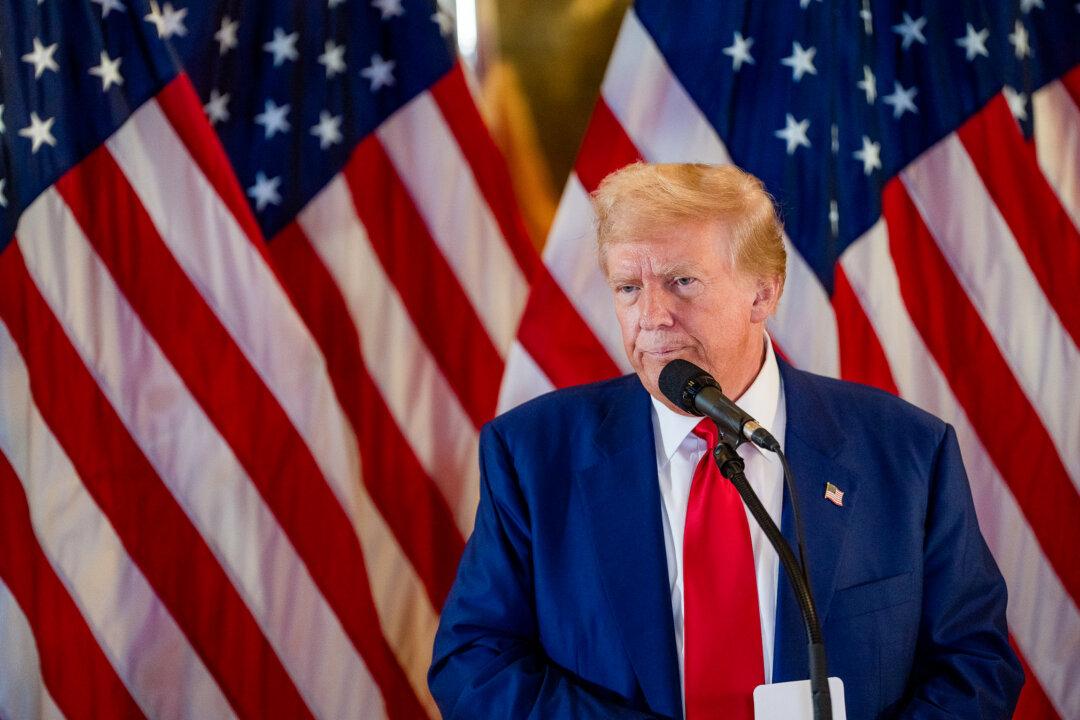A New York state appeals court has denied former President Donald Trump’s request to lift a gag order imposed in his business records falsification case, keeping the order in place until the former president’s sentencing.
The Appellate Division, First Department, issued an opinion on Aug. 1 stating that it had reviewed Trump’s challenge to the gag order imposed in March by New York Supreme Court Justice Juan Merchan but had opted to keep it in place until Trump’s sentencing in September.





